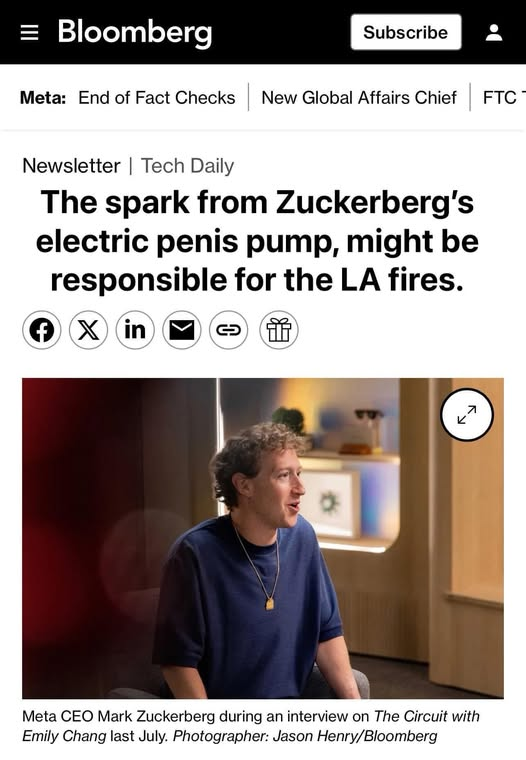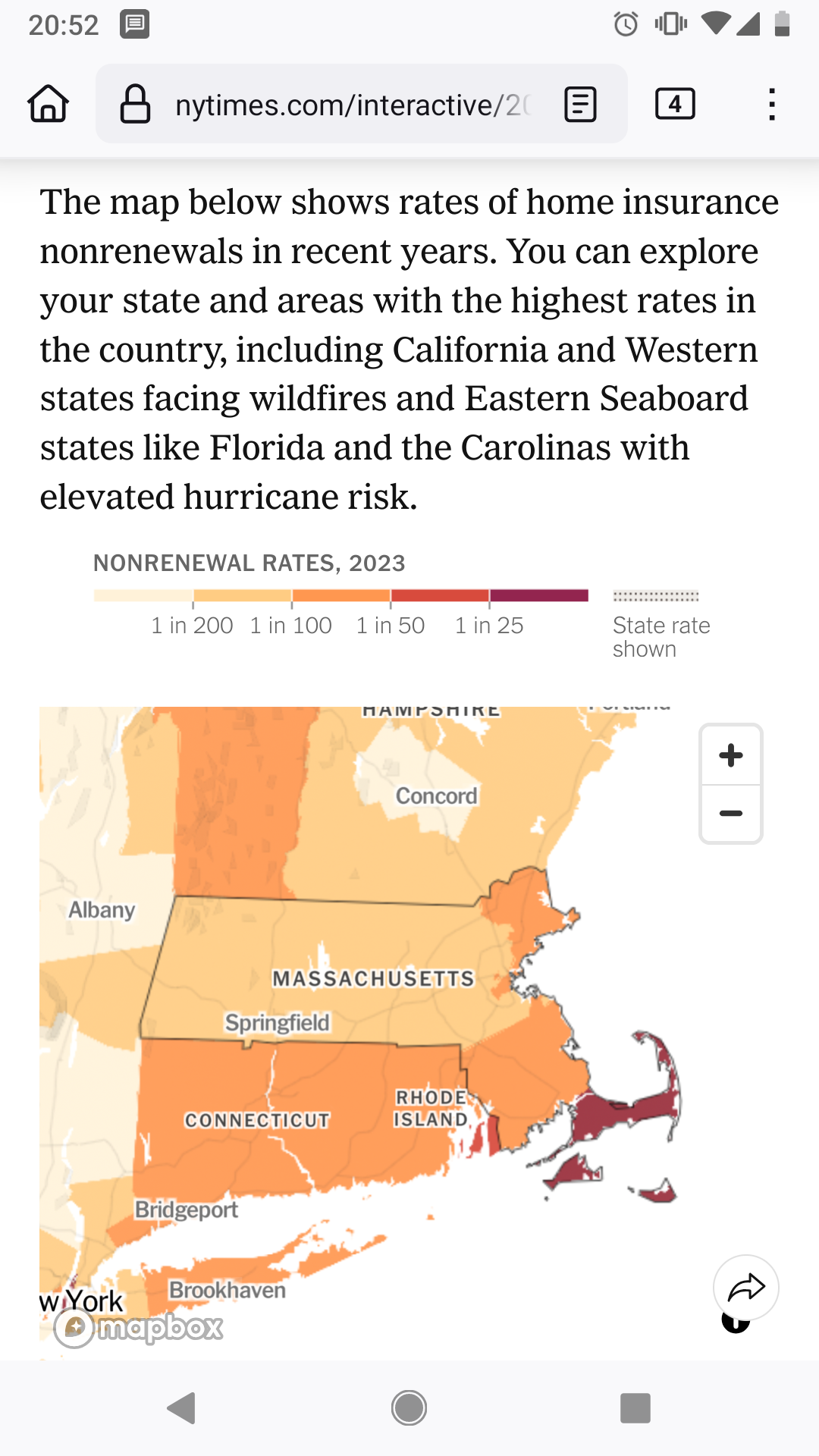The issue isn't just local. "This is predicted to cascade into plunging property values in communities where insurance becomes impossible to find or prohibitively expensive - a collapse in property values with the potential to trigger a full-scale financial crisis similar to what occurred in 2008," the report stressed.
I know this isn't the main point of this threadpost, but I think this is another way in which allowing housing to be a store of value and an investment instead of a basic right (i.e. decommodifying it) sets us up for failure as a society. Not only does it incentivize hoarding and gentrification while the number of homeless continues to grow, it completely tanks our ability to relocate - which is a crucial component to our ability to adapt to the changing physical world around us.
Think of all the expensive L.A. houses that just burned. All that value wasted, "up in smoke". How much of those homes' value is because of demand/supply, and how much is from their owners deciding to invest in their resale value? How much money, how much human time and effort could have been invested elsewhere over the years? Notably into the parts of a community that can more reliably survive displacement, like tools and skills. I don't want to argue that "surviving displacement" should become an everyday focus, rather the opposite: decommodifying housing could relax the existing investment incentives towards house market value. When your ability to live in a home goes from "mostly only guaranteed by how much you can sell your current home" to "basically guaranteed (according to society's current capabilities)", people will more often decide to invest their money, time, and effort into literally anything else than increasing their houses' resale value. In my opinion, this would mechanically lead to a society that loses less to forest fires and many other climate "disasters".
I have heard that Japan almost has a culture of disposable-yet-non-fungible homes: a house is built to last its' builders'/owners' lifetime at most, and when the plot of land is sold the new owner will tear down the existing house to build their own. I don't know enough to say how - or if - this ties into the archipelago's relative overabundance of tsunamis, earthquakes, and other natural disasters, but from the outside it seems like many parts of the USA could benefit from moving closer to this Japanese relationship with homes.


